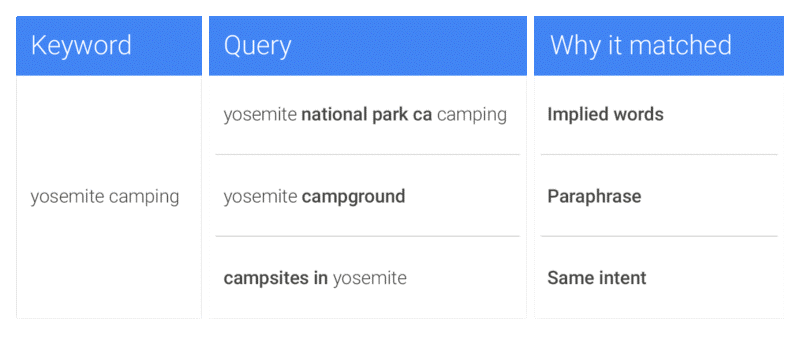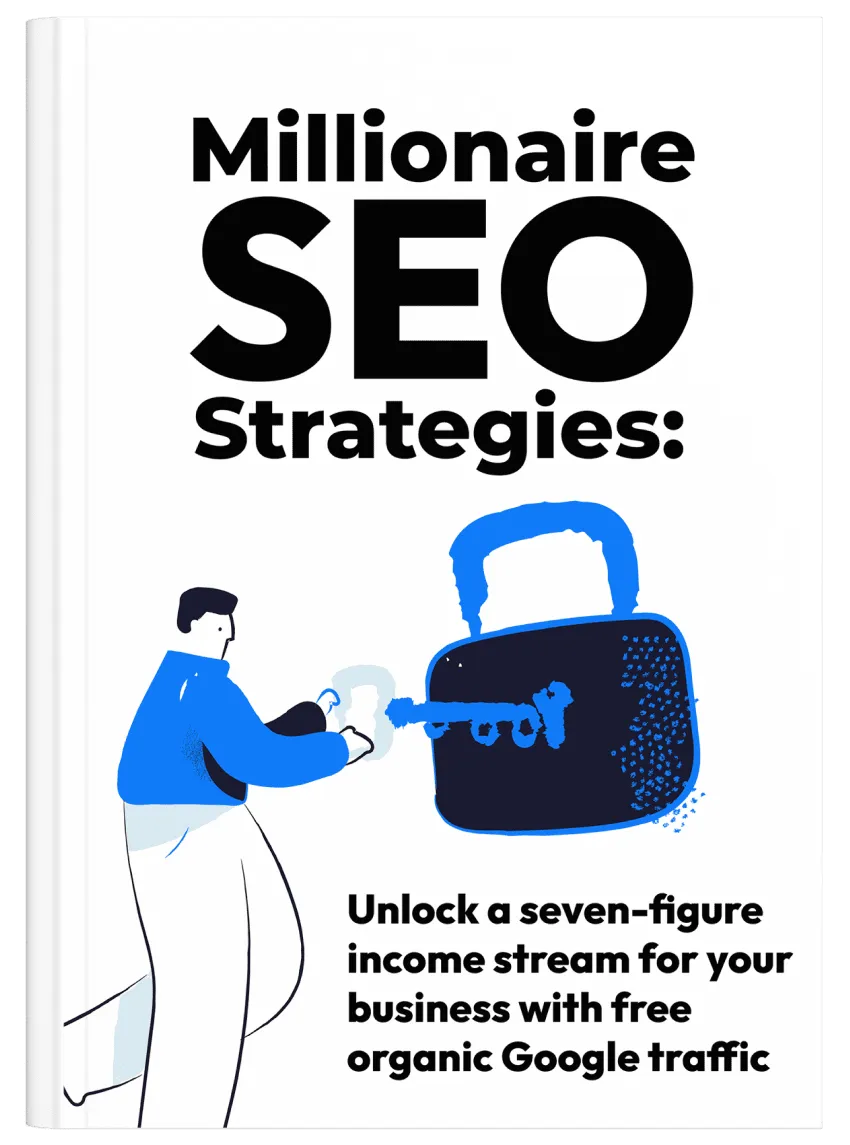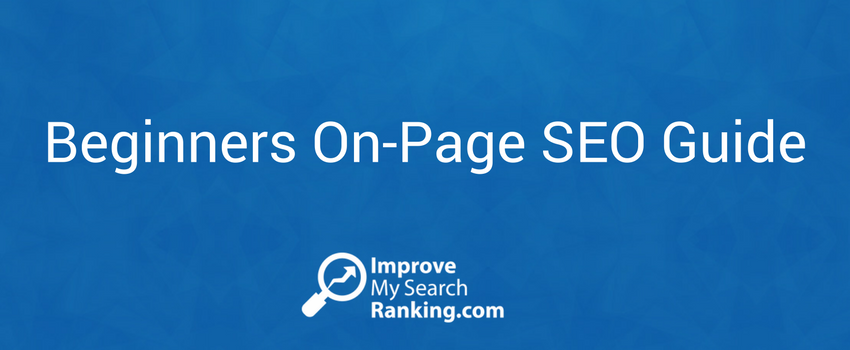
Google’s “exact match” Now Includes Same Meaning Variations
To continue the trend of ever-increasing reliance on machine learning, Google has expanded the scope of “exact match” keywords and the search engine results these exact match keywords would trigger.
Earlier, as many experienced Google advertisers would remember, exact match keywords meant exactly that — exact match keywords. It meant that only the keywords had to match exactly and precisely. But that’s not the case anymore.
In the last few years, close variants came into play and became relevant. For instance, misspellings and plurals were first introduced in exact match keywords around 2014. After a few years, altogether different words also became part of the mix.
Now, Google has taken one step further in determining what counts as a close variation. The latest update now includes implied words and paraphrases.
In other words, if a keyword implies another word — even if it is not an exact match — your Google ad may trigger. The idea behind all this is rather simple: to match the intent of the user / query with the keyword or keyword phrase.
Here is the example that Google gave to clear things up a bit.
As you can see in the above example, the keyword “Yosemite camping” would be triggered for the query Yosemite national park ca camping (because it is implied), for Yosemite campground (because, according to Google, this is just paraphrasing), and campsites in Yosemite (because it represents the same user intent).
These new steps clearly mean that user intent has a lot more focus now. It means that Google may not trigger certain ads if it believes certain keywords did not match the searcher’s intent.
Conclusion
Although it may seem awkward to some advertisers — and it may also create some difficulties predicting which keywords would trigger certain ads — it isn’t totally surprising.
This is a part of the ever-increasing reliance on machine learning. We’ve already seen this in the past, and this may not be the last time we’ve heard about it.
On the bright side, incorporating machine learning would allow advertisers to dive into untapped opportunities. After all, Google’s internal data shows that 15% of daily searches are new, which means that Google advertisers can’t perfectly use the exact match keywords. In order to optimize that aspect, machine learning would have to play a bigger role. How accurately, though, that is yet to be seen.









